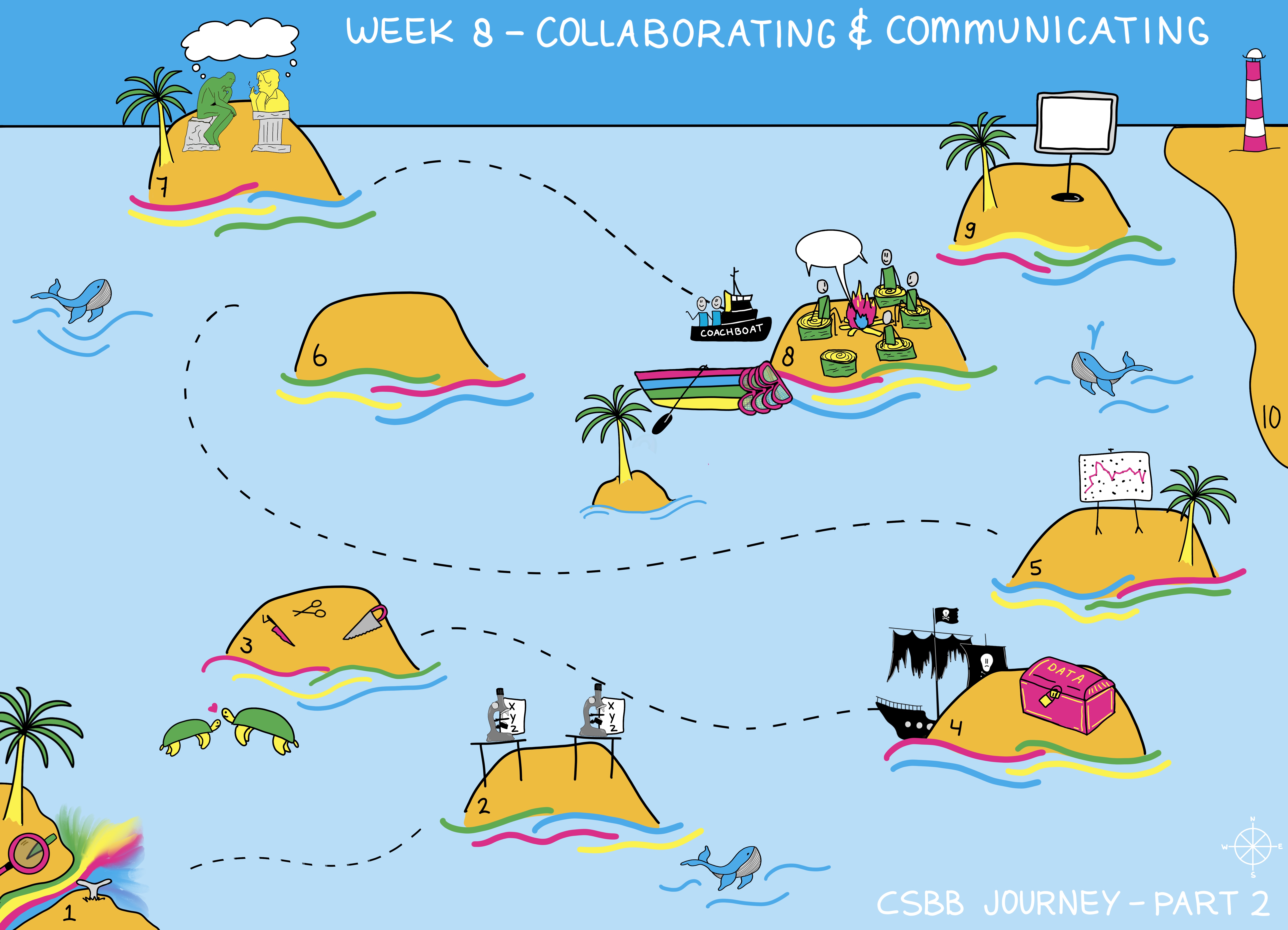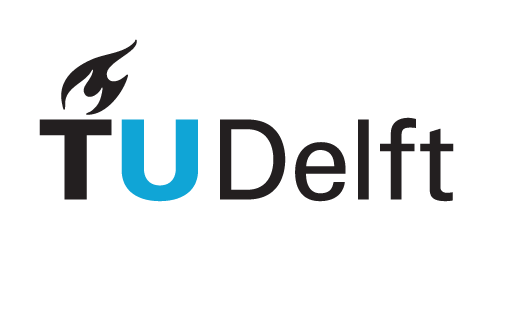
Week 2.8: Convincing People#
This week is a combination of impact and communication. How do we talk effectively about our research to help others understand it and how can we communicate about it’s potential impact?
The workshop on Monday will be a continuation of the workshop Knowledge Utilization in week 1.7.
The ability to give a presentation is an invaluable skill in today’s world. Its importance cannot be overlooked. Presentations are powerful means of communication. They allow you to convey information, ideas, and messages in a clear and organized manner. They facilitate effective communication with your audience, whether it is a small group or a large gathering. Presentations enable the sharing of knowledge and expertise. They provide a platform for you to share your insights, research findings, or experiences with others. The ability to give an engaging and impactful presentation is a key asset for professional development.
This week’s schedule includes:
Monday:
Science Spotlight
Wednesday:
Workshop: Giving a Talk
Friday:
Friday Symposium
Workshop: Impactful Research with Scalable Venture Ideas#
In this workshop, you will learn how to create impactful, scalable ideas by building on the value proposition canvas you developed in the previous session. We’ll explore how to design scientific research with a strategic focus on long-term impact and scalability. Through interactive exercises with the business model canvas, you will transform initial concepts into well-rounded proposals suited for both scientific and commercial impact. Students will gain insights to convey the strategic value and feasibility of their research beyond standard academic formats.
Learning goals#
Understand what potential investors find attractive in proposals
Develop a scalable venture strategy that aligns with the value proposition and business model frameworks
Create a clear actionable strategy for achieving long term impact in healthcare based on your research
Workshop: Giving a Talk#
In this workshop, you will work on your talk and practice delivering (parts of) it.
Giving a talk combines various communication skills we have already worked on: creating a compelling narrative, designing effective visuals, ensuring a clear and attractive delivery, active listening, and answering (challenging) questions. The secret to giving a great talk is to find the perfect balance between the rhetorical and the engagement elements, to adapt to different situations and audiences, and to keep your key message at the core of the presentation. For your talk, it is time to show that you can do this!
Key Concepts#
Creating a compelling narrative
Designing effective visuals
Engaging delivery skills
Handling questions effectively
Adapting the talk to various audiences
Learning goals#
At the end of this session, students are able to:
Prepare for delivering an effective talk, balancing all elements of the presentation situation
Practise the key concepts listed above
Group Activity of the Week#
Finalize the draft of your paper and plan your talk
Discussion Questions#
According to you, what is crucial to make your talk memorable for a mixed audience?
How will you apply this in your own talk?
What have you learned about collaborations in science? What do you think is most important?
What do you hope will happen with your research project’s results?
Who do you think should be interested/excited in the research you’ve done?
Weekly Submitted Assignments#
Group#
Submit draft of your paper
Submit an outline for your talk.
Individual#
How have your collaboration skills changed over the past 18 weeks? What areas do you want to keep working on? What have you identified as most important?
References#
TU Present: Brightspace modules on various aspects of presentation skills developed by the TU Delft Centre for Languages and Academic Skills
TED-talk by Julian Treasure: how to speak so that people will listen
TED-talk by Nancy Durate: the secret structure of great talks
